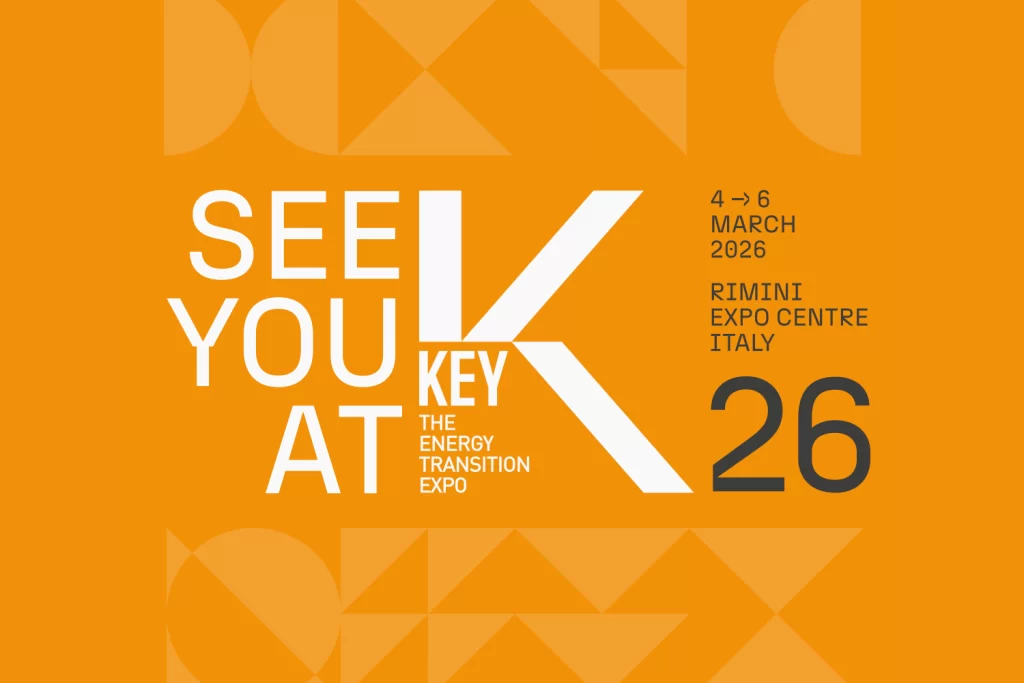SUMMARY
“The experience that leads to happy return to the brand”: the reason for the customer journey
Identifying the stages of the Customer Journey is critical to mapping, knowing and tracking all the touchpoints a customer might have with a company. The first question a business must ask itself is who its main interlocutor is, that is, what are the target characteristics of a particular customer segment. Significant help in this practice is provided by CRM and marketing automation software.
Next, monitoring should be done through anecdotal research, evaluating opinions regarding one’s services and products, and not forgetting a detailed analysis of competitors. It should be remembered that the primary goal of the Customer Journey is not the purchase, but the experience that leads to a happy return to the brand with a feeling of total ownership.
From discovery to evaluation: how the customer journey begins
The stages of the Customer Journey and related decision funnel are five. All contribute in leading toward greater consumer engagement, more complete satisfaction and conversion (leads).
- Discovery phase. At this juncture people are looking for a solution to a problem. The potential customer hopes to find a product or service that will satisfy a specific need. Therefore, it is necessary to make a certain feature of the business proposal motivate him to learn more about it.
- Awareness phase. The potential customer has come into contact with the company, evaluated it, and realized that it can be a solution to their needs.
- Familiarization/evaluation phase. The consumer is comparing the various brands that have offered a solution in line with his or her expectations so as to decide who to trust. At this time, it is important that he is informed about the benefits he can gain from the functionality of the product/service, making him understand all the strengths that favorably differentiate it from competitors.
From purchase to retention: the heart of the customer journey
After discovery, awareness and familiarization/evaluation, the customer journey continues with the hottest moment in the entire consumer-business relationship, namely purchase and subsequent retention, the nerve center of the desired long-term relationship between the customer and the business.
- Purchase phase. The customer has decided on what to do, but still needs to complete the procedures to complete the purchase (go to the store, visit the online shop, etc.). The stage is very delicate, and the company needs to pay special attention to the language and different wording of individual sentences, making sure that messages are always consistent.
- Loyalty phase. At the conclusion of the customer journey, it is important to make the customer understand why they should continue to rely on the company for future purchases.
The technological aspects affecting the Customer Journey.
A recent mapping conducted by Chiefmartec.com found that there are more than 8,000most relevant marketing technologies , and these include Data Management Platforms (DMPs), which are especially designed to manage advertising by leveraging third-party cookies, and Customer Data Platforms (CDPs), which allow for the integration of data from a very wide variety of sources.
Customer Intelligence Platforms , on the other hand, are the technologies best suited to collect and process data from a variety of sources, turning it into useful knowledge to redesign the user experience at each stage of the Customer Journey. CDPs make it possible to follow the customer along what are the main paths of interaction with the organization, making decisions based on data collected and analyzed with a simultaneously data-driven and customer-centric approach.
This will allow decisions to be made with respect to initiatives to be activated on different channels, in part due to the possibility of integrating customer data with anonymous or aggregated behavioral data. The support of artificial intelligence and machine learning enables predictive models and recommendation engines, helping to complete a unified and dynamic view of the customer connected to the different stages of the customer journey.
Contact us
Find out more about our CX services
INGO, thanks to multichannel and technological innovations, is able to build specific projects for each company, following the process from the initial analysis phase to the implementation of integrated, scalable and modular omnichannel strategies. For over 20 years, Made in Italy at the service of the customer experience.
blog



